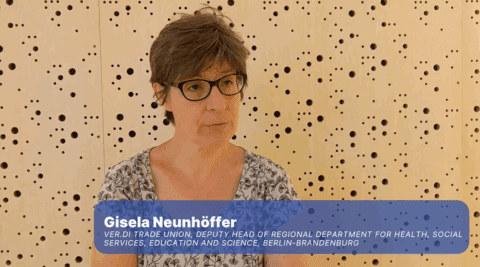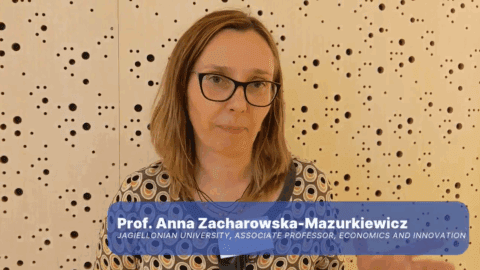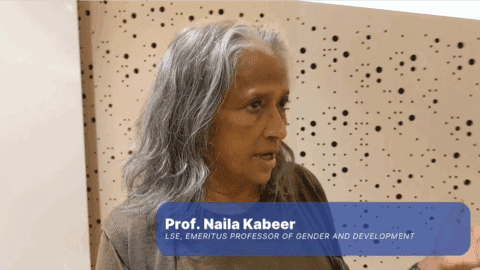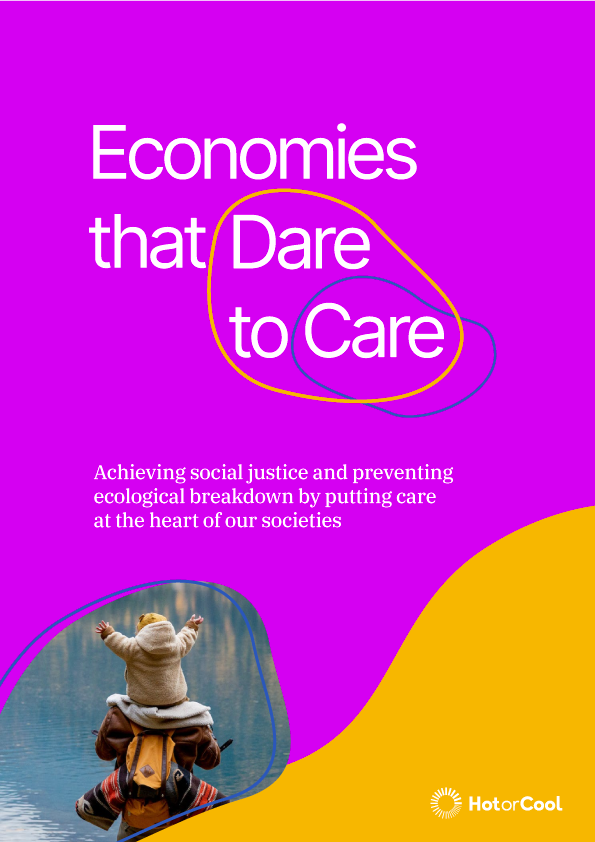
About the Project
In 2023 we published “Economies that Dare to Care”, a report which advocated putting care at the heart of our societies so as to promote social justice and prevent ecological breakdown.
In this new project we want to put some numbers to this claim. Looking specifically at two aspects of care work – paid and unpaid – we are modelling the impacts of increased care work in terms of gender equality, wellbeing and CO2 emissions.
Our starting point is a participatory systems-mapping workshop which took place in July 2025, where we explored the complex interactions between economic, societal and environmental factors when it comes to satisfying the need for care work.
This project is taking place in parallel with our support for a Forum for Caring Societies.
Workshop
In July 2025 we organised a workshop bringing together 17 experts from across Europe and beyond who work on care, gender equality, labour and/or sustainability. As well as academics, we welcomed people working in trade unions, NGOs and other think tanks. The focus of the workshop was a pair of causal loop diagrams considering two hypothetical scenarios:
1) increased staffing in the formal care sector and
2) reduced working hours leading to more time for unpaid care work. Participants assessed and modified the diagrams and proposed policies that could potentially lead to positive outcomes in terms of gender equality, wellbeing and/or sustainability, and avoid negative side effects.
At the end of the workshop, we also discussed advocacy priorities.
You can get a flavour of the workshop by watching these interviews with some of the participants:
Interview with Gisela Neunhöffer
Ver.di Trade Union, Deputy Head of Regional Department for Health, Social Services, Education and Science, Berlin-Brandenburg
Interview with Dr. Ben Gallant
University of Surrey and Centre for the Understanding of Sustainable Prosperity
Economics still “has a lot to learn from other academic disciplines”
Interview with Prof. Anna Zacharowska-Mazurkiewicz
Jagiellonian University, Associate Professor, Economics and Innovation
“The big takeaway for me is the systems thinking… this is how our world works, it is complex”
Interview with Prof. Naila Kabeer
LSE, Emeritus Professor of Gender and Development
“Some bits of the system have far more transformative potential than others…. So the key is to identify those bits”











